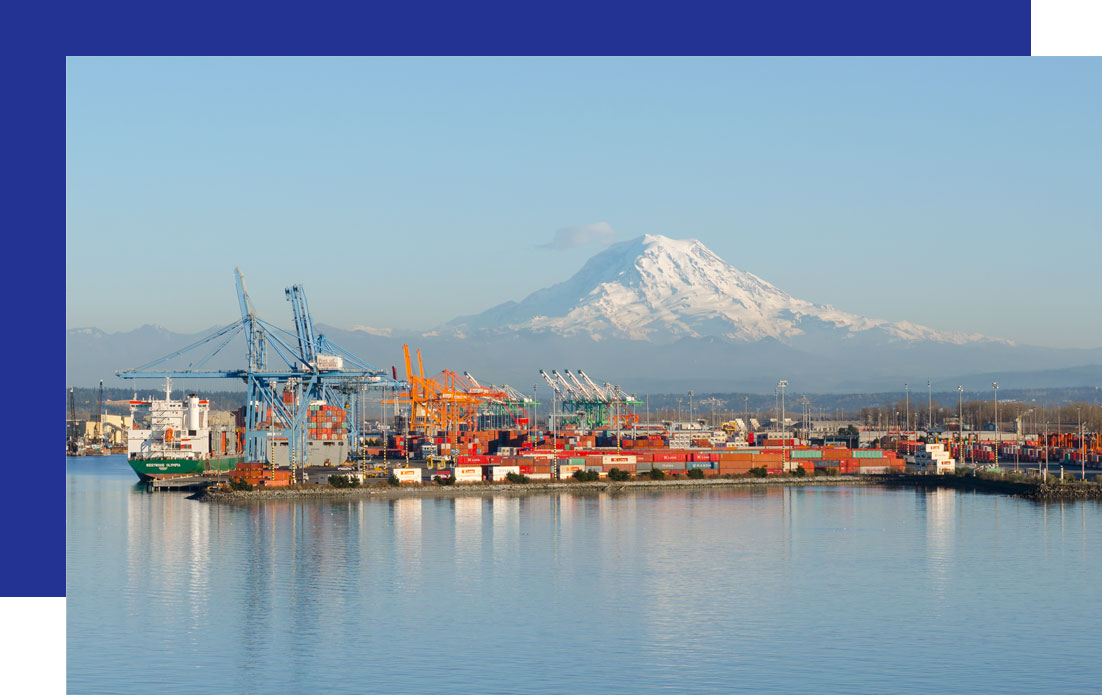The transportation industry is experiencing rapid change as ridesharing, self-driving vehicles, electric/hybrid vehicles, and other innovations take center stage. To stay ahead of the competition, Access Sciences helps clients transform their information processes and systems to support the industry’s evolving needs.
With its recent move to FileNet, the Louisiana Department of Transportation & Development (LaDOTD) became the first agency to integrate with the Office of Technology Services’ initiative to standardize and streamline statewide access to technology, infrastructure, and governance.
To help execute its move to IBM FileNet, LaDOTD engaged its long-term partner, Access Sciences. So, together all three parties worked collaboratively to onboard and migrate to the new system successfully. Learn how…

We work with airlines and airports to use data to drive performance in the face of record-setting flight volumes, unpredictable fuel costs, airport capacity, falling unit revenue, and cybersecurity concerns.
Freight haulers are challenged by increased regulatory scrutiny (FMSCA and MAP-21 requirements) and the need to leverage data to enable more efficient operations. Our teams manage and analyze information and data to help alleviate these challenges.
Railroads are increasingly dependent on rapidly growing volumes of real-time and batch data, particularly unstructured video and photographs. We apply our decades of experience with unstructured content to ingest, manage, and govern this information.
Despite improvements in overall operations, ports still struggle with “last mile efficiency” when moving cargo in and out of their facilities. We specialize in using information to improve port infrastructure and asset management decisions.
Public transportation agencies face competitive pressure from new market entrants such as Uber and demographic changes that present ongoing shifts in demand. We work with agencies to use data to address these challenges.
As DOTs contend with ever-increasing miles driven and aging infrastructure, the need for data to support regulatory reporting, constituent information needs, and MAP-21 compliance grows correspondingly. Our teams work alongside agency staff to ingest, manage, and govern this data.

The Port of Tacoma teamed with the Port of Seattle to form the Northwest Seaport Alliance. Combined, these ports are the third-largest trade gateway in North America, only behind the ports of Los Angeles and Long Beach and the Port of New York/New Jersey. Operating a large seaport is an expensive proposition that requires billions of dollars in hard assets such as wharves, cranes, warehouses, roads, rail facilities, office buildings, and the like. Efficiently sustaining these assets is an ongoing requirement to ensure uninterrupted operations…
We manage headcount, provide accountability, and leverage repeatable processes to deliver the highest quality and lowest total cost of operations.

